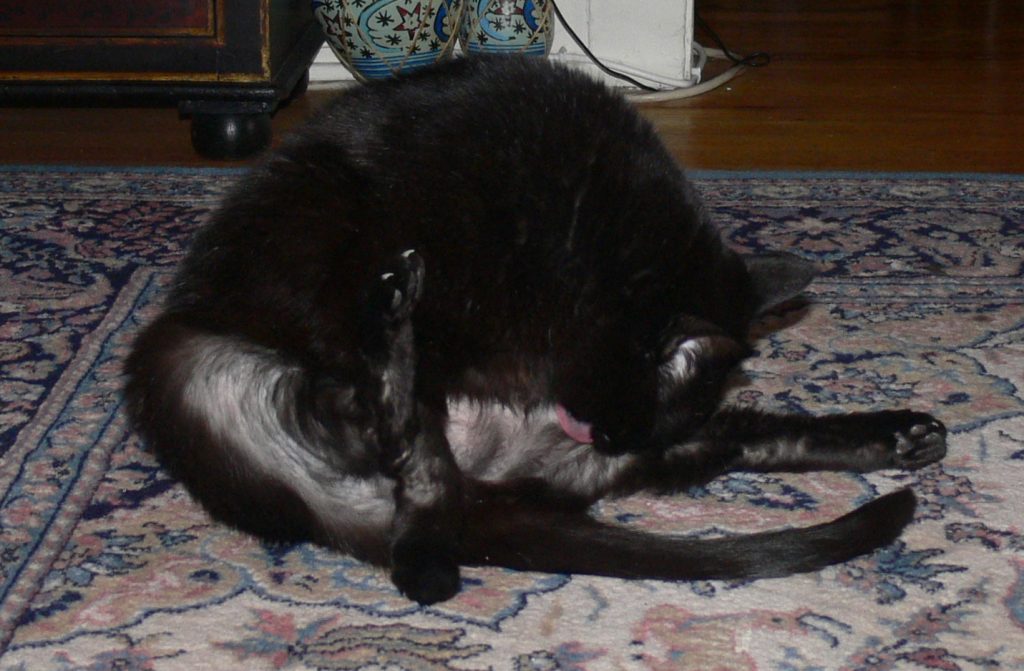Are you worried that your dentist may have nicked a nerve during a dental procedure? It's a common concern, and one that can cause anxiety and discomfort. In this article, we will explore the topic of "did my dentist nick a nerve" and provide you with information and insights to help address your concerns.
Undergoing dental procedures can be an intimidating experience for many people. The thought of potential complications, such as nerve damage, can add to the stress. It's important to understand the signs and symptoms of nerve damage and how to address them.
What should I do if I suspect nerve damage?
If you suspect that your dentist may have nicked a nerve during a procedure, it is crucial to communicate your concerns with your dentist. They will be able to assess your symptoms and determine the appropriate course of action. In some cases, they may refer you to a specialist, such as an oral surgeon or neurologist, for further evaluation and treatment.
It's important to remember that nerve damage is a rare occurrence during dental procedures. Dentists undergo extensive training and take precautions to minimize the risk of complications. However, if you experience persistent numbness, tingling, or pain in the affected area, it's essential to seek professional medical advice.
Understanding the causes and prevention of nerve damage
Nerve damage during dental procedures can occur due to various reasons, including the proximity of the nerve to the treatment area, the nature of the procedure, and individual anatomical differences. Dentists take precautions, such as using proper techniques and equipment, to minimize the risk of nerve damage.
However, there are certain factors that may increase the risk, such as complex procedures, pre-existing nerve conditions, and patients with previous nerve damage. It's important to discuss any relevant medical history or concerns with your dentist before undergoing a procedure.
The history and myth surrounding nerve damage during dental procedures
Throughout history, there have been myths and misconceptions surrounding nerve damage during dental procedures. These misconceptions can cause unnecessary fear and anxiety for patients. It's essential to separate fact from fiction and rely on accurate information provided by dental professionals.
One common myth is that all dental procedures carry a high risk of nerve damage. In reality, the risk is relatively low, and dentists are trained to minimize the chances of complications. Understanding the facts can help alleviate concerns and make informed decisions about your dental health.
The hidden secrets of preventing nerve damage
While nerve damage during dental procedures is rare, there are steps you can take to reduce the risk even further. Choosing an experienced dentist who follows proper protocols and techniques is crucial. Additionally, discussing any pre-existing conditions or concerns with your dentist can help them tailor the treatment plan to minimize the risk.
It's also important to follow post-operative instructions carefully, including any prescribed medications or follow-up appointments. By taking these precautions, you can help ensure a smooth and successful dental procedure.
Exploring the topic further: nerve damage and related concerns
Understanding the anatomy of the nerves in the oral cavity can provide further insights into the topic of nerve damage during dental procedures. Nerves play a crucial role in sensation and function, and any potential damage should be addressed promptly to prevent long-term complications.
Furthermore, it's important to be aware of other potential dental complications that can mimic the symptoms of nerve damage. Conditions such as infections, inflammation, or temporomandibular joint disorders can cause similar sensations and should be evaluated by a dental professional.
Tips for a smooth dental experience
To ensure a smooth dental experience and minimize the risk of complications, consider the following tips:
- Communicate openly with your dentist about any concerns or medical history.
- Choose a reputable and experienced dentist.
- Follow pre- and post-operative instructions carefully.
- Attend regular dental check-ups to address any potential issues promptly.
Addressing your concerns: frequently asked questions
- Q: Can nerve damage during a dental procedure be permanent?
- Q: How long does it take for nerve damage to heal?
- Q: Can nerve damage be prevented?
- Q: What are the signs of nerve damage?
A: While rare, nerve damage can, in some cases, be permanent. It is crucial to seek professional medical advice if you experience persistent symptoms.
A: The healing time for nerve damage can vary depending on the severity and individual factors. It's best to consult with a dental professional for an accurate assessment.
A: While it is not always possible to prevent nerve damage completely, taking precautions, such as choosing an experienced dentist and discussing any concerns, can help minimize the risk.
A: Signs of nerve damage may include numbness, tingling, pain, or loss of sensation in the affected area.
Conclusion: addressing concerns about nerve damage
In conclusion, while the risk of nerve damage during dental procedures is low, it's natural to have concerns. By understanding the causes, prevention methods, and steps to address any potential issues, you can navigate your dental experience with confidence. Remember to communicate openly with your dentist, follow their instructions, and seek professional medical advice if needed. Your dental health is in good hands.

No comments:
Post a Comment